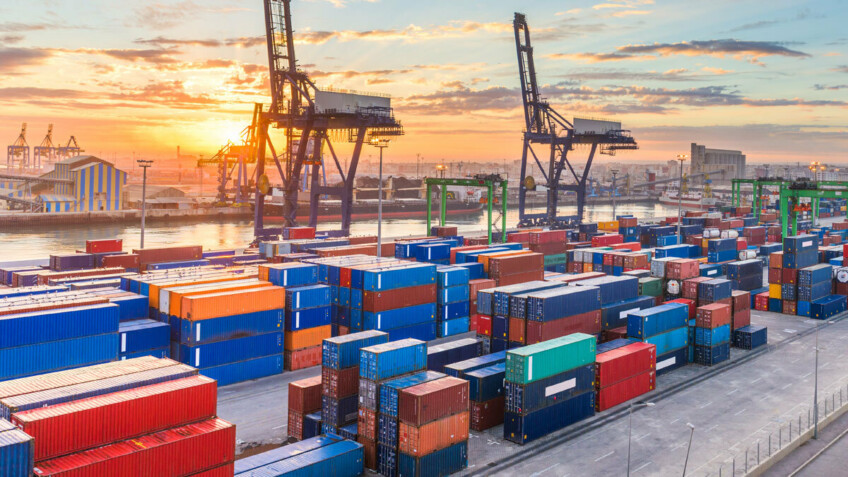The trade association for UK freight forwarding and logistics companies has long challenged the legitimacy of shipping line surcharges.
It accused the carriers of profiteering when they announced in 2018, almost in unison, that they would be introducing the low sulphur surcharges significantly in advance of the IMO 2020 regulation which took effect on January 1st 2020.
“Forwarders do not like shipping line surcharges of whatever nature,” says Robert Keen, BIFA Director General, “and we are hoping that other lines will follow suit and also stop their low sulphur surcharges, as well as reconsider their policies in regards to applying surcharges for anything from equipment imbalance to port congestion.
“Over the last few years, the number of surcharges and fees has continued to grow – often with no real explanation or justification.
“Whilst I welcome the news on the low sulphur fuel surcharges being discontinued, in the last few days, I have heard that one line is introducing a Merchant Haulage Surcharge, whilst another is adding a Container Compliance Charge.
Forwarders do all they can to minimise the effects of the surcharges but in the end at least some of the costs need to be passed on to the customers “and there is sometimes an unfair perception that our members are to blame,” he adds.
“If a shipper enters a contract to buy goods they should know exactly what they are paying and that price should not change. If they use Incoterms they can buy ex works or FOB and control the supply chain. If they let their supplier arrange shipping, they have no control over the charges applied. But in either case, additional surcharges imposed by shipping lines should not be allowed.”
Keen concludes: “Where is the justification for adding a surcharge for the general costs involved in running the business of container shipping? Some surcharges should already be consolidated within freight rates, with any required fluctuation being managed against that figure.”
